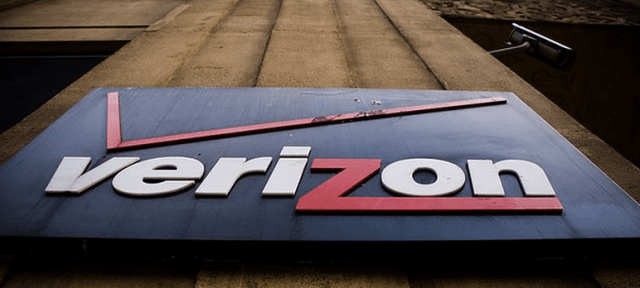As reported on TechCrunch.
by Alex Wilhelm
 The FCC will propose new net neutrality rules that at once protect content from discrimination, but also allow content companies to pay for preferential treatment. The news, first reported by the Wall Street Journal, would in fact create a two-tiered system in which wealthy companies can “better serve the market” at the expense of younger, less well-capitalized firms.According to the Journal, the rules would allow for the preferential treatment, provided that the “arrangements are available on ‘commercially reasonable’ terms for all interested content companies,” with the FCC running arbiter on the concept of fairness.
The FCC will propose new net neutrality rules that at once protect content from discrimination, but also allow content companies to pay for preferential treatment. The news, first reported by the Wall Street Journal, would in fact create a two-tiered system in which wealthy companies can “better serve the market” at the expense of younger, less well-capitalized firms.According to the Journal, the rules would allow for the preferential treatment, provided that the “arrangements are available on ‘commercially reasonable’ terms for all interested content companies,” with the FCC running arbiter on the concept of fairness.
The above is only “net neutrality” in that it protects all content from having its delivery degraded on a whim. The rubric reported doesn’t actually force neutrality at all, but instead carves out a way for extant potentates to crowd out the next generation of players by leaning on their cash advantage.
In practice this puts new companies and new ideas at a disadvantage, as they come into the market with a larger disadvantage than they otherwise might have. Any cost that we introduce that a large company can afford, and a startup can’t, either makes the startup poorer should it pay or degrades its service by comparison if it doesn’t.
This will slow innovation and enrich the status quo. That’s a shame.
It’s worth remembering Netflix’s recent comments on what net neutrality should mean. The company indicated that the mere treating of all content the same once it makes it onto an ISP’s network is “weak” net neutrality. In Netflix’s view, net neutrality should also extend to “peering agreements,” forcing ISPs to accept all incoming traffic onto their networks without charging a fee. What the FCC apparently wants to put into place would therefore be something akin to “very weak” net neutrality.
Call the FCC’s new plan the homeopathic version of net neutrality, given how watered down its rules are. ISPs will love the plan.